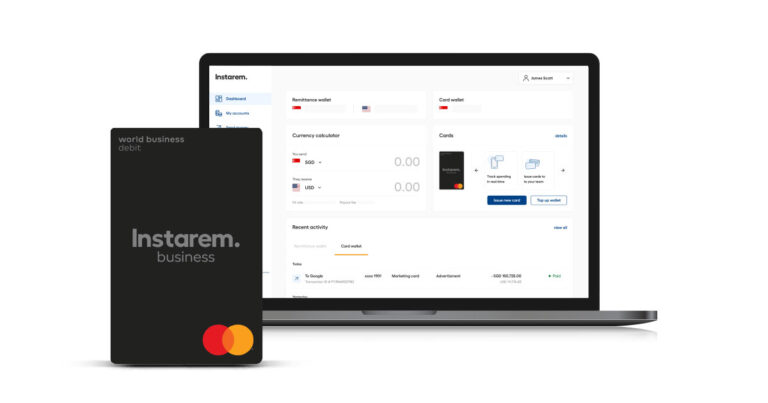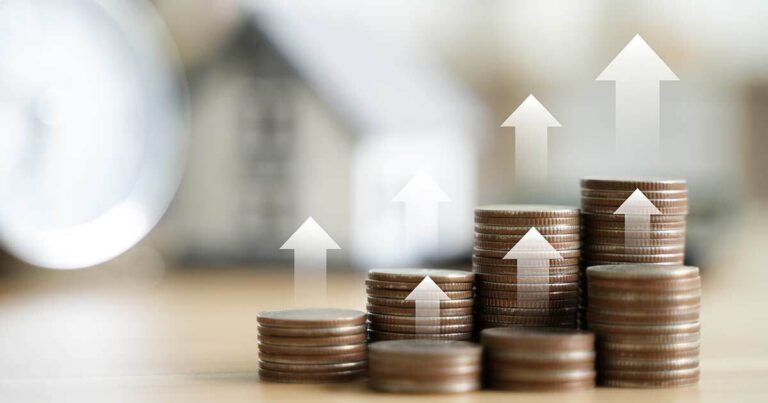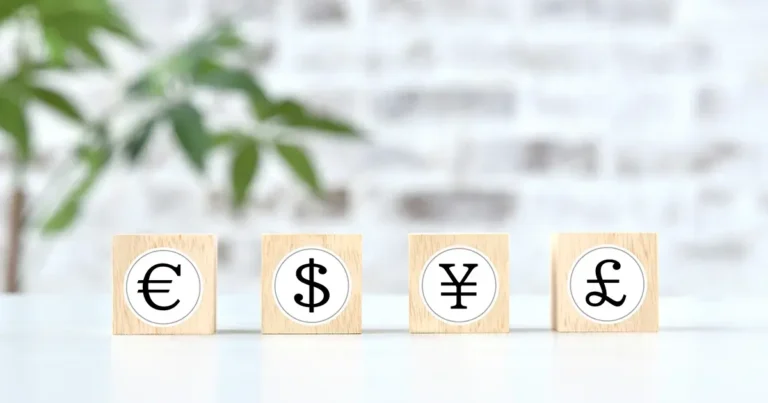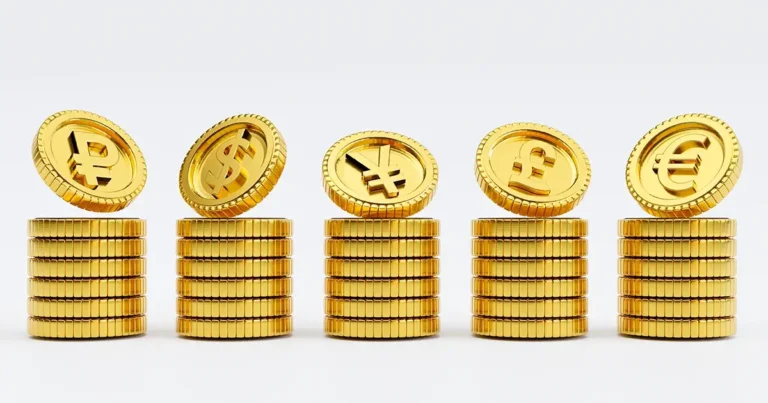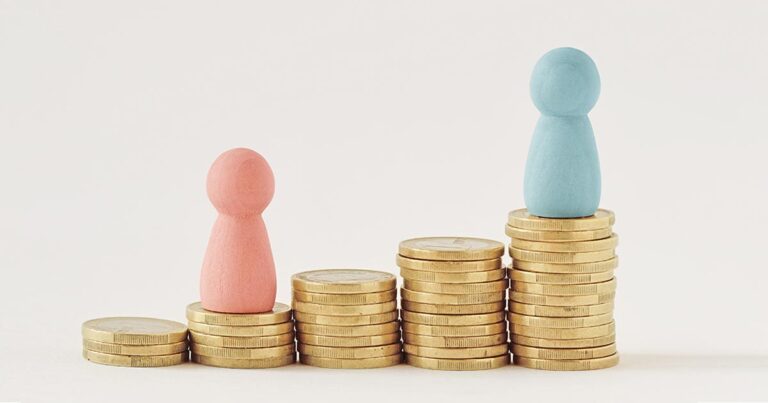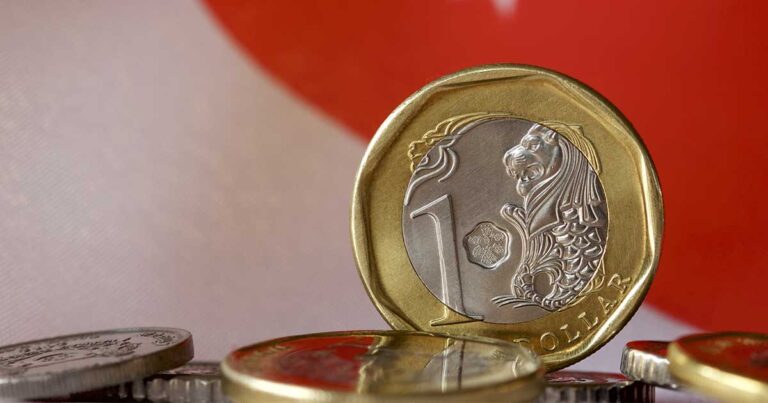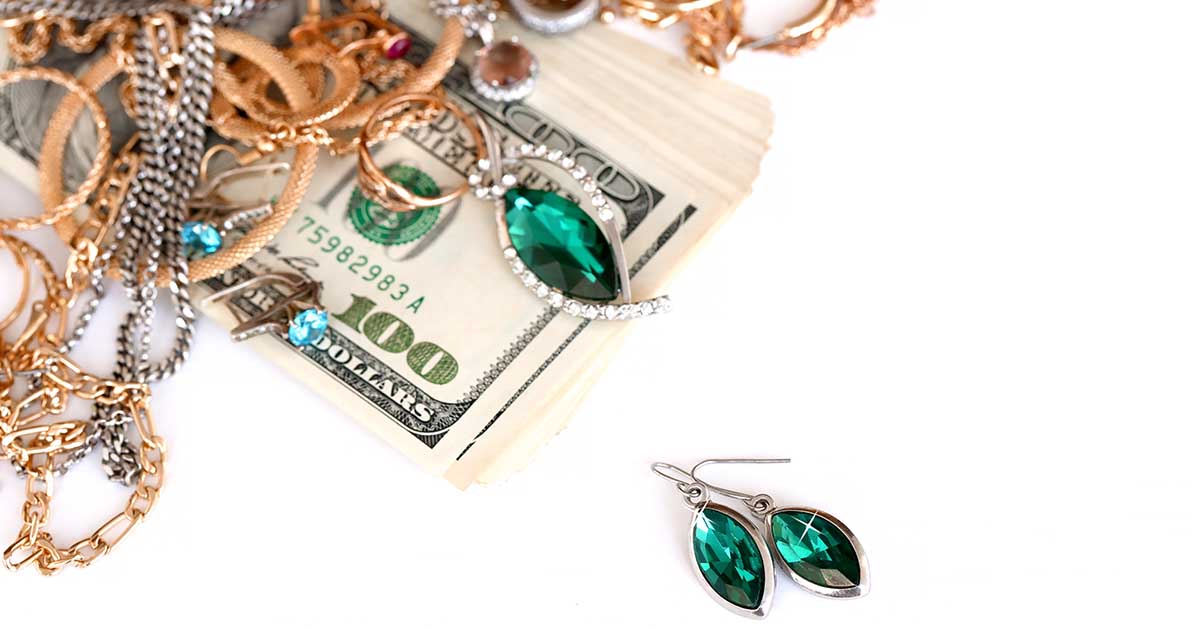
This article covers:
Ever noticed how gold prices are skyrocketing lately? Seems like more and more folks are considering taking their gold to pawn shops for some quick cash.
But hold your horses before you dash to the nearest pawn shop! You need to understand how these places operate first.
Pawn shops have been part of communities forever, but let’s face it, their inner workings can be a bit of a head-scratcher. From figuring out how to pawn your stuff to understanding how they decide what it’s worth, there’s a whole lot to uncover. So, get ready for a deep dive into the fascinating world of pawn shops!
What is a pawn shop?
Before you hit Google on “what is a pawn shop?”, let’s rewind a bit to their roots. The term ‘pawn’ comes from the Latin word ‘platinum,’ meaning cloth or clothing. Back then, clothes were like currency — you could pawn them to cover daily expenses. But hey, who needs clothes when you’re hungry, right?
Some say it might also come from the Latin word ‘pignus,’ which means pledge. You pledge your item in exchange for something.
But whatever the case, pawn shops are basically like financial institutions. And the people who own them? They’re called pawnbrokers.
So, you’re probably thinking, why do folks turn to pawn shops? And how do these places play into the whole financial scene?
Well, here’s the deal: Pawn shops offer a quick fix for regular folks who need a small loan, kind of like an overdraft to get them through until payday.
Now, you might ask, why not just hit up the bank? The thing is, banks want good credit or proof of employment. Pawn shops? They’re a bit more lenient — no need for all that jazz.
Now that we understand what is a pawn shop, let’s chat about how does a pawn shop works.
How does a pawn shop work?
Ever wonder how pawn shops operate? Well, it’s pretty simple: you’ve got three options — buy, sell, or pawn.
Buying and selling? Pretty straight forward. You can choose to shop there or sell your item there.
Now, let’s zoom in on pawning.
In a nutshell, they give you cash while keeping your item as collateral. If you don’t repay, they sell it. But how do pawn shops determine value? And trust me, they’re not just making up numbers as they go.
How do pawn shops determine value?
Well, there’s a general rule they often follow — about one-third of the resale value or 20% of its new value.
But here’s the thing: every pawn shop does it a little differently. The key is to sell the pawned item fast, so things like gold or silver tend to get better offers than slower-selling stuff.
Most places will give you anywhere from 25% to 75% of the item’s cost for a loan or sale. And for those fast movers, pawnbrokers might pay a bit more to turn a quick profit.
Some shops even check out eBay to see what similar items are going for and base their offer on that — usually around one-third of the cost.
But here’s the kicker: your history with the shop matters too. If you’ve got a good track record of coming back for your stuff, they might be more willing to lend you what you need.
Feeling a bit puzzled? No problem at all. Let’s break down how pawn shops actually turn a profit. It might shed some light on things for you.
How does a pawn shop make money?
Ever wondered how pawn shops rake in the dough? Well, it’s a few different ways:
Let’s say you bring in a gold necklace worth $800, and you need cash. They might give you $300 a month to pay it back.
If you can’t pay back within a month, they’re making pure profit—100% in just one month, minus a few costs.
You can also pay a fee, say $50, to extend the loan for another month. In that case, they’re pocketing a cool 20% fee in one month.
Since they’ve got your item as security, they usually can’t lose money — unless they’ve misvalued the item, of course.
Now that we’ve covered how does a pawnshops make money and how do pawn shops determine value, let’s delve into what exactly pawn shops are in the market for.
What do pawn shops buy?
You might think pawn shops are only into gold, but the truth is, they’re into a whole lot more. It’s all about what’s in demand and what they think they can get for it.
Check out these common items:
- Jewellery: Gold, silver, diamonds — whatever sparkles.
- Electronics: Phones, laptops, gaming gear.
- Watches: Especially the fancy ones.
- Musical Instruments: Guitars, keyboards — anything you can jam with.
- Tools: From power to hand tools.
- Firearms: Some shops are all about guns.
- Coins and Collectibles: Rare stuff and stamps too.
- Sporting Goods: Bikes, golf clubs — anything for an active lifestyle.
- Designer Handbags: The high-end, brand-name ones.
- Video Games: Consoles, games — you name it.
- Antiques: Vintage furniture, artwork — anything old and cool.
- Home Appliances: From microwaves to fridges — all that ticks.
- Power Equipment: Lawnmowers, chainsaws — anything for the DIYer.
- Vehicles: Some even deal with cars and bikes.
Keep in mind, every shop has its own preferences, and what you’ll get depends on factors such as the item’s condition and demand for it.
For example, if Pawnshop A loves power tools and Pawnshop B is all about coins and collectables, you might get a better deal for your coins at B.
So, if you’re in a pinch for cash, it’s worth checking out a few shops nearby to see where you can get the most bang for your buck before you hand over your stuff.
How much do pawn shops pay for gold?
So, you’re curious about how much pawn shops pay for gold, huh?
Well, it all depends on whether you’re buying, selling, or pawning gold.
First off, you have to understand that gold comes in different purity levels, which affect its value. We’re talking carats, or K for short. The highest purity, 24K, is 99.9% pure gold, while 18K is 75% pure, and 9K is 37.5% pure.
Pawn shops usually accept gold valued at 22K, which is 91.6% pure.
If you’re selling or pawning gold, you can expect to get anywhere from 25% to 75% of its value. But if you’re after quick cash and don’t need the gold anymore, you might want to consider selling it to a gold buyer or jewellery store instead.
Now, if you’re thinking of buying gold from a pawn shop, it could be cheaper — but it really depends on the shop. You’ll have to check out each piece individually, which means a bit more homework for you.
Before you go…
Pawn shops are a lifeline when you’re strapped for cash. But what about when you’re far from home, and your loved ones need help?
If you’re an expat wanting to send money back home to support your family or friends, why not give Instarem a try?
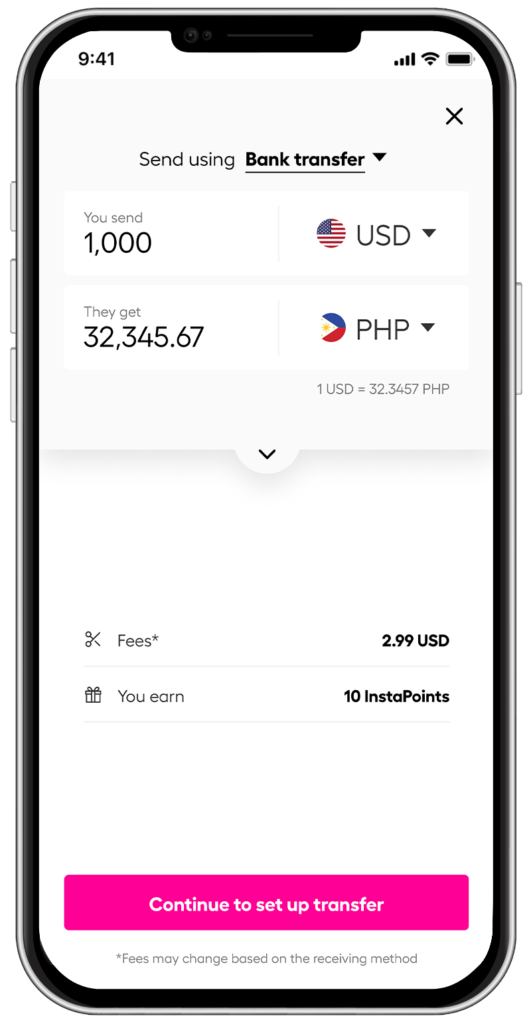
*rates are for display purposes only.
With Instarem, you can keep an eye on exchange rates with our daily alerts and securely transfer money overseas to over 60 countries.
Download the app or sign up here.
*Disclaimer: This article is intended for informational purposes only. All details are accurate at the time of publishing. Instarem has no affiliation or relationship with products or vendors mentioned.



